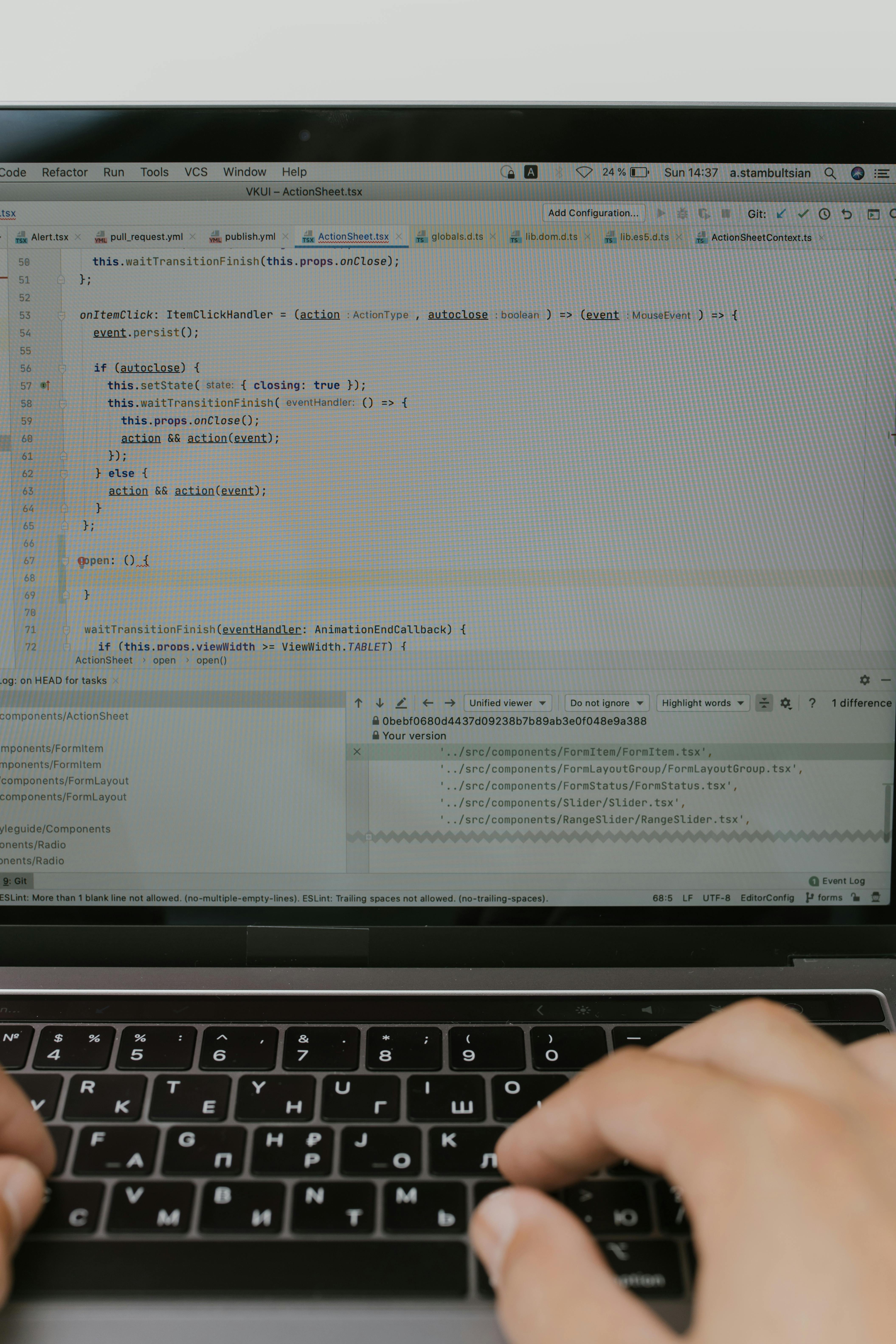
Blockchain: A Revolutionary Approach to Anti-Corruption Initiatives
Blockchain: A Revolutionary Approach to Anti-Corruption Initiatives
Understanding Blockchain's Transformative Potential in Combating Corruption
Blockchain technology represents a paradigm-shifting solution for addressing systemic corruption challenges across government, financial, and corporate sectors. By leveraging decentralized, immutable ledger systems, blockchain introduces unprecedented levels of transparency, traceability, and accountability that traditional centralized mechanisms fundamentally lack.
Key Technological Mechanisms for Anti-Corruption
The core strength of blockchain in anti-corruption efforts lies in its cryptographic architecture. Smart contracts, distributed consensus mechanisms, and transparent transaction histories create an environment where fraudulent activities become exponentially more difficult to execute and conceal. Each transaction is permanently recorded, cryptographically sealed, and verifiable by multiple independent participants, dramatically reducing opportunities for manipulation.
Global Regulatory Landscape
International Jurisdictional Frameworks
Different jurisdictions have varying approaches to blockchain integration in governance. The United States maintains a regulatory approach emphasizing securities compliance, while jurisdictions like Switzerland and Liechtenstein have developed more progressive, innovation-friendly legal environments. The British Virgin Islands and Cayman Islands have similarly emerged as blockchain-friendly regulatory landscapes, offering structured frameworks for technological implementation.
Top Blockchain Protocols Enhancing Transparency
1. Ethereum-Based Solutions
Ethereum remains a primary blockchain platform for anti-corruption initiatives, offering sophisticated smart contract capabilities that enable complex governance mechanisms. Its robust infrastructure supports intricate verification processes and transparent record-keeping.
2. Hyperledger Fabric
Developed by the Linux Foundation, Hyperledger Fabric provides enterprise-grade blockchain solutions specifically designed for institutional transparency. Its permissioned network architecture allows granular access controls while maintaining comprehensive audit trails.
Market Analysis and Adoption Trends
Blockchain Anti-Corruption Market Projection
| Year | Estimated Market Value | Growth Rate |
|---|---|---|
| 2023 | $412 Million | 45.3% |
| 2024 | $610 Million | 48.1% |
| 2025 | $890 Million | 52.7% |
Source: Global Blockchain Transparency Index, 2023
Technical Implementation Strategies
Successful blockchain anti-corruption strategies require multifaceted approaches. Organizations must integrate cryptographic verification, develop robust smart contract frameworks, and create comprehensive audit mechanisms that provide real-time transparency without compromising individual privacy rights.
Emerging Technologies and Future Implications
Artificial intelligence and machine learning are increasingly being combined with blockchain to create more sophisticated anti-corruption ecosystems. These hybrid technologies can predict potential fraudulent patterns, automate compliance verification, and provide predictive analytics for risk management.
RWA.codes: Your Blockchain Transformation Partner
At RWA.codes, we specialize in developing comprehensive blockchain solutions tailored to organizational transparency needs. Our expert team designs custom blockchain architectures, implements cutting-edge smart contract technologies, and provides end-to-end consulting for anti-corruption initiatives across various sectors.
Our services include:
- Custom blockchain architecture design
- Smart contract development
- Regulatory compliance consulting
- Advanced tokenization strategies
- Comprehensive security auditing